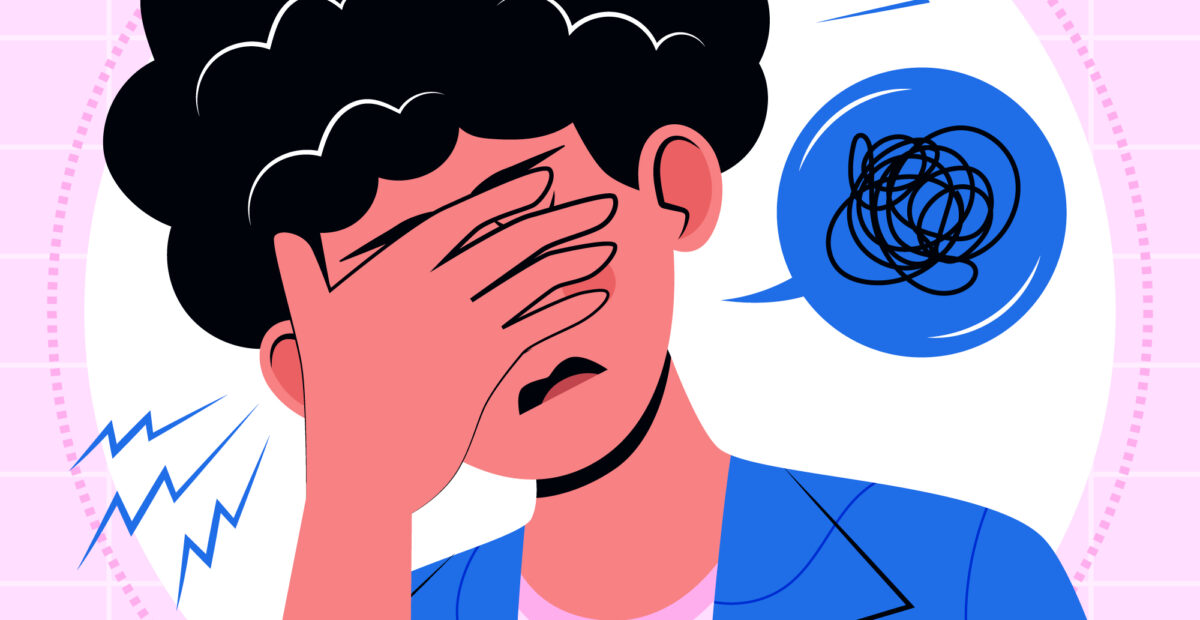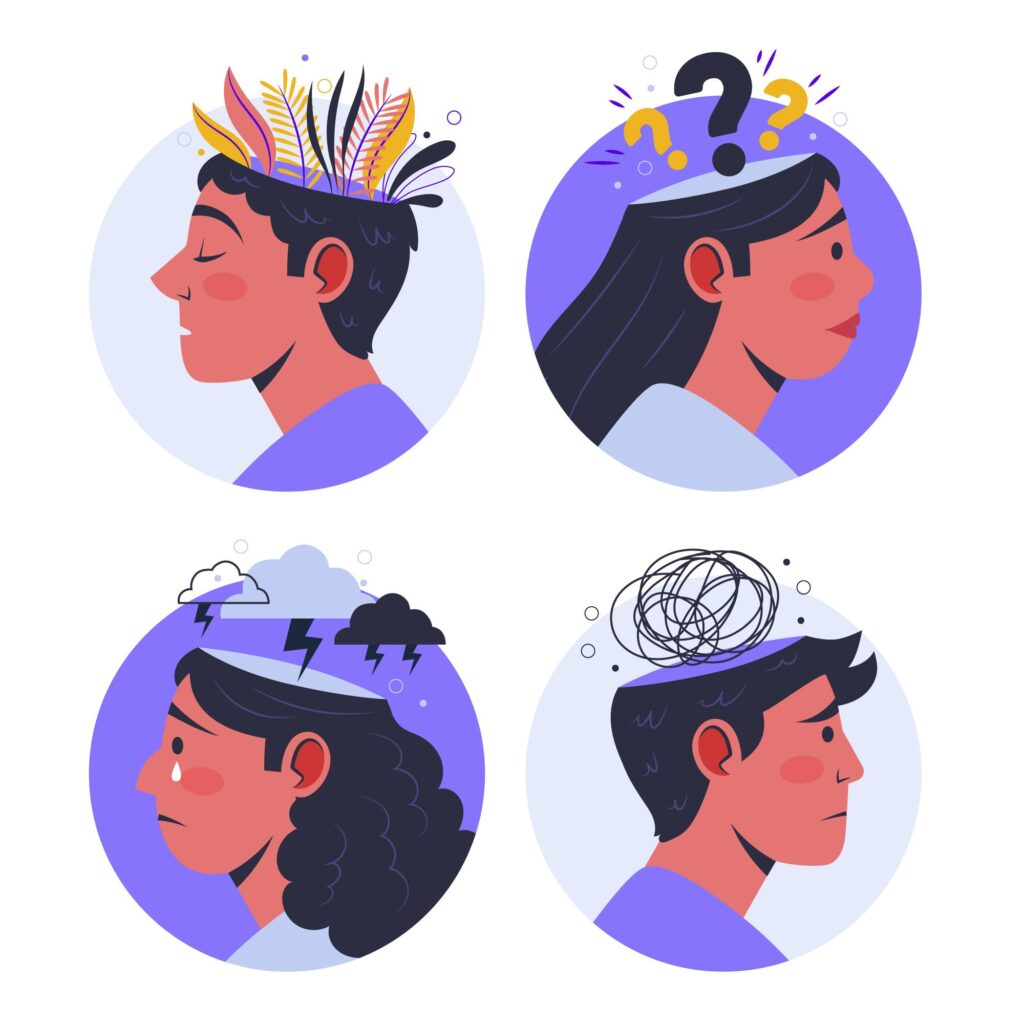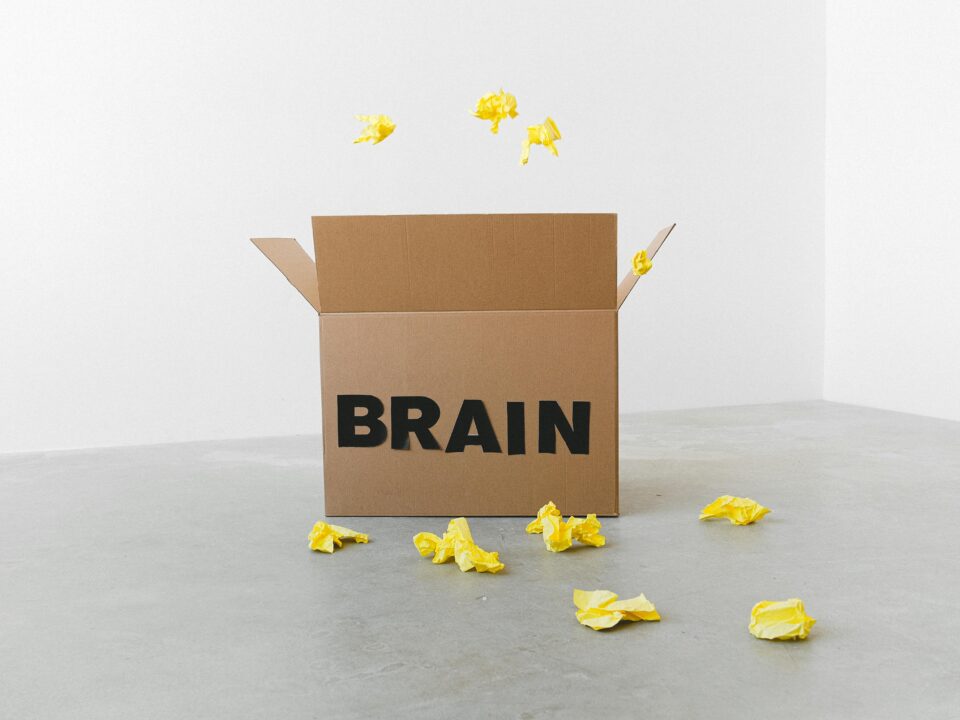ADHD and Anger: Management Tips & Tricks

Image by Freepik
Attention Deficit Hyperactivity Disorder (ADHD) is known to be one of the most common mental health disorders which affect attention, focus span, and impulsivity. ADHD may impact individuals in their daily life, including professional tasks, interpersonal relations, and daily responsibilities. Research on ADHD suggested that this condition may be associated with irritability, anger issues, and emotional dysregulation. This article will focus on the interlink between ADHD and anger, how ADHD anger looks like, what ADHD meltdown means, and several tips and tricks that may help individuals cope with stress and anger episodes.
How is anger and ADHD connected?
Research on ADHD and anger expression in adults concluded that individuals with ADHD encounter difficulties in managing anger compared with the control group. Some of the behaviours reported were associated with hurting other people, destroying belongings, and other less positive ways to express their anger. Other studies support these findings by highlighting anger traits in adults with ADHD who are unable to control themselves, experiencing short-lived outbursts. Moreover, findings of several research journals have stated that ADHD individuals have difficulty in managing their affective responses to various situations, therefore they are more likely to react in dysfunctional ways to negative scenarios. However, another study suggested that differences between the way individuals who experience ADHD symptoms and non-ADHD individuals respond to negative situations may be linked to comorbid conduct disorder, and not necessarily with ADHD. To summarise, it is important to have a clear picture of these results and understand why people with many ADHD symptoms may express their anger in more socially inappropriate ways than neurotypical persons. Thus, by having a better understanding of this may play a significant role in working with and treating adults diagnosed with ADHD.
What does ADHD anger look like?
As mentioned previously, ADHD anger may result in aggressive behaviour towards other people, temper problems, damaging property, loss of control, experiencing impatience and irritability, and other dysfunctional ways to react to negative stimuli. Additionally, individuals with ADHD may experience other disruptive psychological states such as psychological distress and difficulty in understanding emotional responses. According to research, authors have claimed that ADHD anger may be also observed in interpersonal relations, and anxious and depressed moods compared with the control group. Therefore, it can be seen that ADHD and anger expression are interconnected and affect individuals in a more psychosocially way. Psychosocial functioning and socially inappropriate ways of expressing anger may affect individuals’ daily tasks; thus, these research findings should not be looked at from a theoretical perspective only, but also from a practical standpoint.
What is an ADHD meltdown?
ADHD meltdowns are impulsive and explosive behaviours triggered by intense emotions and difficulty in dealing with them. People with ADHD often encounter emotional problems when dealing with stress, thus they may experience emotional outbursts and meltdown. Environmental factors such as work, school, or home may trigger these episodes and individuals may feel a loss of control and an inability to think straight. It is important to keep in mind that not all people experience meltdown episodes as they are not part of the official criteria for ADHD. These behaviours are linked with impulsive traits and emotional dysregulations which are common among individuals diagnosed with ADHD.
ADHD anger management tips

Image by Freepik
Know what triggers you
Identifying triggers can help you spot what lead you to having an emotional outburst. If you can identify what triggers you, you can replace these negative stimuli with some positive ones. If you have difficulties in trying to understand these triggers, it may be helpful to see the big picture. Anger episodes may not be triggered by a single cause only. Instead, they may be influenced by more than one external or internal factors. Pay attention to everything that surrounds you and teach how to take control over it. Be patient, stay calm and try to always have a positive mindset about the situation you find yourself in!
Remove yourself from the situation
It is normal to not solve all problems in a single day but trying to avoid some of them may help you deal with anger episodes. The first step, as stated above, is to know what triggers you. After that, you may find it easier to remove yourself from these situations and eliminate what causes you stress. Think about environmental factors that may upset you or cause you some levels of discomfort. Taking breaks from stressful events may help you regain control over your feelings and your emotions. There are some strategies that may help you manage with stress, such as mindfulness and breathing exercises.
Exercise
It has been stated that exercise is a good way to manage ADHD symptoms. Moreover, keeping your body busy may help you reduce anger issues in your daily life. Having a daily programme of exercises will reduce your stress levels which in turn will help you deal with daily stress factors. Thus, you will find it easier to cope with anger episodes and you will feel stress less frequently. When you identify your triggers and want to remove yourself from that situation, you could go for a walk in a park, climb some stairs or try to find a green and friendly space.
Learn to express yourself with words rather than anger
The best way to express yourself with words rather than anger, is to understand that anger is just an emotional response, and you should not allow it to take control over yourself. Expressing yourself could be seen as a coping mechanism which allows others to know what upsets you the most. For example, it may be that you felt your personal boundaries were crossed. Therefore, communicate with other people, let them know about your preferences and personal values, and you will feel respected. Be aware that expressing yourself with anger may lead to more negative feelings for both yourself and other individuals.
Know what calms you down
When you can identify your triggers and try working on changing negative situations into positive ones, you may be able to also understand what calms you down. Try to think outside the box, maintain a healthy mindset and be open to try new ways of coping with anger. Individuals are all different and react differently to various situations. Hence, knowing what calms you down may represent a considerable factor in dealing with stress and anger. Take advantage of the Internet and look for different techniques to help you manage your emotions in stressful situations.
Seek support through therapy
Talk therapies may be seen as a safe place where individuals discuss their worries and understand how to manage them by learning about different coping mechanisms. As a form of psychotherapy, the Cognitive Behavioural Therapy (CBT) is recommended by The American Psychological Association as being a useful strategy to cope with anger. CBT is known to help individuals deal with negative thoughts by changing the unhelpful way of thinking which leads people to unwanted behaviours. It is important to understand that self-care strategies may not be enough for everybody, thus seeking help represents a significant step for finding the best available support.
Conclusion
![]()
Image by rawpixel.com, Freepik
Understanding that emotional dysregulation problems may be seen in adults with ADHD is the first step people should take in order to know how to help. On the same hand, it is also important to know how to get help if you struggle with ADHD and anger management. This article was meant to offer people a helping hand in dealing with stress and anger episodes.




